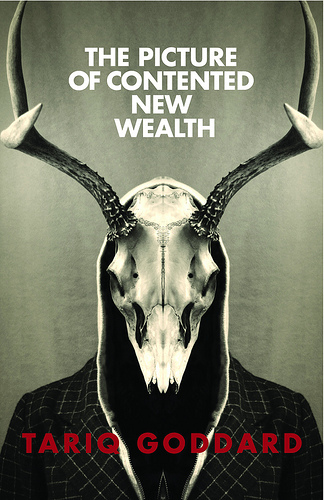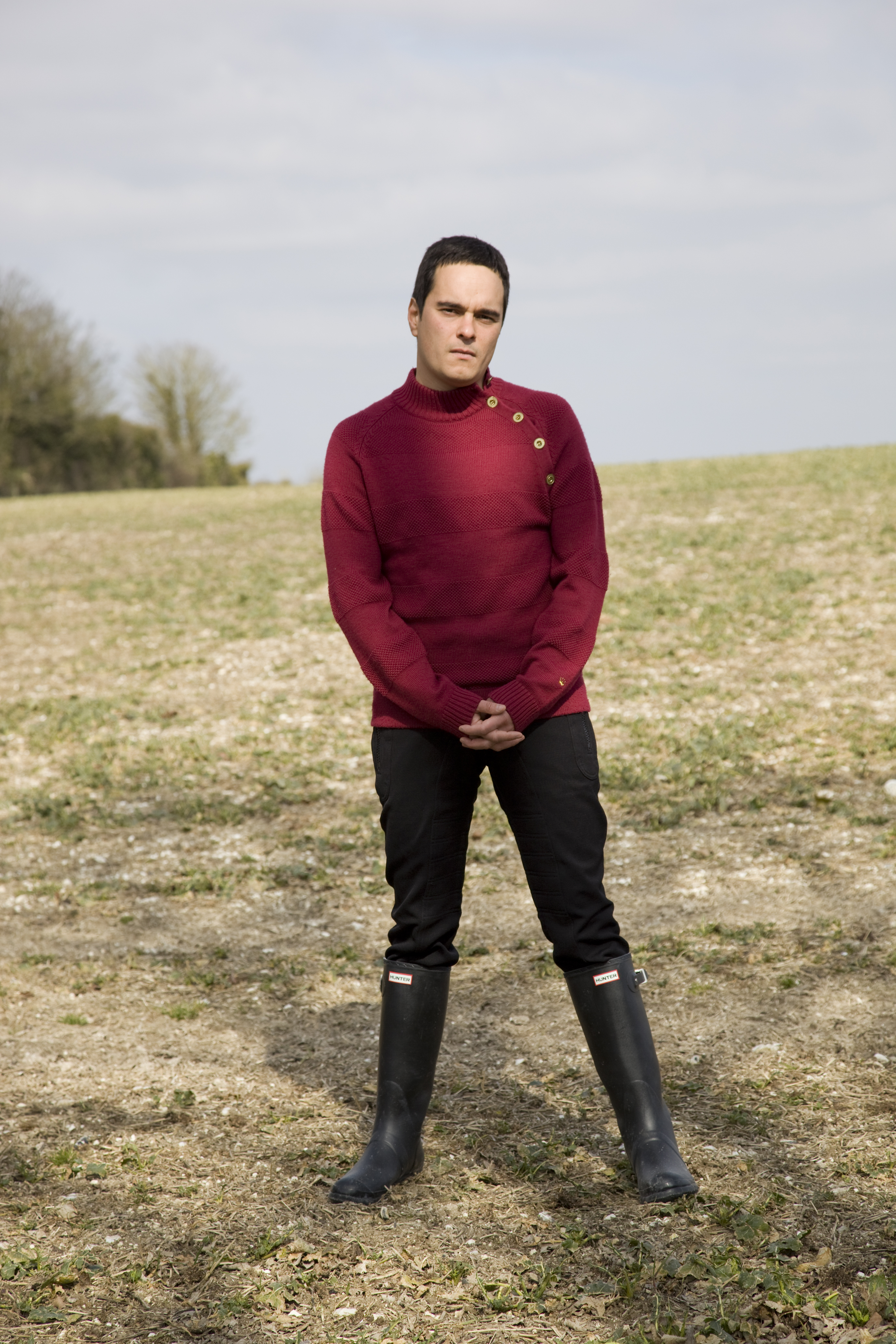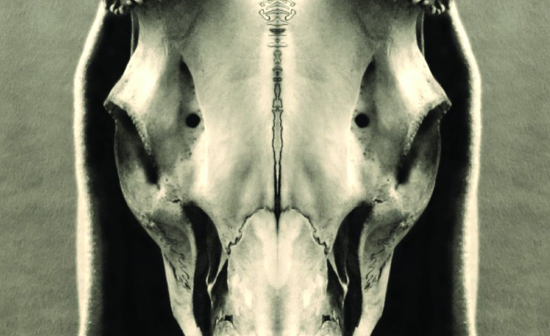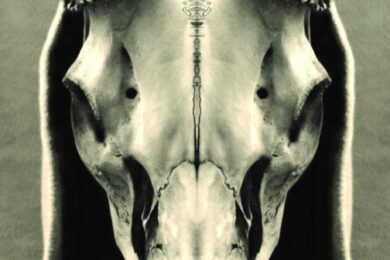Not all houses are built to be lived in. The paths that lead to them do not lead to other places; they are seldom found on maps or listed in directories, and were it not for the curiosity of a world watched by strange gods, they would not exist at all.
At night their owners, who fear the dark, talk in raised voices
to rid themselves of their shared misgiving that they are the
inhabitants of a dead body, the smell of which has grown too
strong to ignore.
Yet the decision to live in such a place engenders a binding
loyalty to one’s choice, casting a spell where there would
otherwise be the willing admission of a mistake. Stubbornly the
owners persist in treating these places as mere buildings, explaining away the rot and the other more troubling aspects of
their homes, as aberrations that will be addressed in the fullness of time. With reckless haste they spread their lives and associations through rooms betrothed to other, earlier memories,
making themselves comfortable when they ought to have remembered their ancestors’ loathing of the unknown.
Tyger Tyger House, unlike so many buildings of its kind, had never stood empty for long; its successive owners having arrived
in the expectation of being the first to experience transcendence
there, the superficial unlikelihood of doing so part of their new
project’s charm. The house had struck them all as a presence; the
squinting turrets growing upwards like a pair of deformed heads, the paltry moat a canvas for their unrealisable expectations; the property’s very loneliness proof of the subtle individuality
of their perception.
Dr Graves-Maurice had bought Tyger Tyger at the turn of the
last century seeking a second career as a watercolour artist.
Schoolmaster Motley had followed him thinking that the house’s
seclusion would aid him in his ambition to become a male Bronte; and Maureen Crompton, more modestly, thought that the country air would save her ailing health. Others had followed in the belief that they had simply purchased a sound investment.
They were all wrong. The house was there for itself; biding its
time for the arrival of the thing it had been built for. One after another, its various owners parted with their money, lost sight of their initial purpose and waited for whatever it was they feared most to happen, never sure that it would but never forgetting that it might.
Alone amongst them all, Brigit Conti knew that she had
chosen the house in which she might die, but would never grow old in. Its old walls Saxon in inspiration, its site, she guessed, very like the beginning of evil.
Taking a deep breath, she turned to her husband of six
months, felt the comfort of his hand on her pregnant belly and
said, “Yes, I like it here, Dad can pay, I feel at home, I want to stay.”

The Quietus also sat down with Tariq Goddard to ask the following questions.
Have you ever been in a house that has a reputation as being ‘haunted’? How was the experience?
Tariq Goddard: The majority of my supernatural experiences have been unexpected, happening in places ranging from my old school to my own home(s). None of these places were haunted to my knowledge, and for most of the people who passed through them, they probably never were. I think engaging with the supernatural can occur anywhere, and is largely out of our hands. There are a few, very few, places that retain a kind of psychic energy, but even there, there’s no guarantee that a sceptic could walk into one and walk out a believer. The haunted places I’ve stayed in have usually relied on things like architecture and geography for their fear factor, and that basically induces your mind to do the rest of the work for itself. A real supernatural encounter isn’t a product of the mind or imagination, rather something substantial and tangible more akin to physical contact than winding yourself up in the dark.
The one place I stayed in that I later found out was haunted involved me waking up from a dream in which I was lifting a baby, to find the outline of man holding my hands. I froze and didn’t move from my covers until it was light.
I once moved into a house that had blood stains on the ceiling and hack marks on the furniture. It turned out that the previous tennant had murdered his friend there. What is the most obvious or striking echo of a previous occupier you’ve ever discovered on moving into a new place?
TQ: A dead Tarantula in my study, the relic of a biology class held by the 7th Day Evangelists who taught their children at (what was their) home and some leaflets explaining how, with the help of pictures, the world was created in seven days.
And a painting of King Charles 2nd etched into the ceiling, a history lesson, I assume.
What are the minimum entry requirements for something to be regarded as a home, in your view. (i.e. when I was younger I lived in a house with no heating and no hot water but it had a stereo. No stereo would have been savagery.)
TQ: Plenty of glass and natural light, a panoramic view, or at least, one that can hold my concentration or encourage me to drift, the presence of my wife, friends no further than a budget airline flight away and private spaces that neighbours can’t peer into. And unless its a listed building, bright colours help too, my bungalow is painted Golden Sands yellow, my study Jungle Burst green and the lavatory, Bongo jazz, a kind of fluorescent orange.
What is your favourite song about a domicile and why?
TQ: Tom Waits ‘House where nobody lives’ is the one I’d most like to listen to now, Madness "Our House’ closest to my first feelings regarding home, The Smiths ‘Back to the Old House’ most subsequent one’s. They all harbour, even Madness to a bittersweet extent, properly mixed feelings about a place that marks and makes you.
And, least favourite, not that you asked but can’t pass a chance to say something bad about it, is The B52’s Love Shack.
Is it possible to discuss property prices in a debonair manner… without coming across as a bit of a twat?
TQ: Discussing property prices, unlike shopping lists or speed limits, is not a necessary evil; more one that a certain kind of person who can never be debonair, has made a virtue of.

Tariq Goddard was born in London in 1975. He read Philosophy at King’s College London, and Continental Philosophy at The University of Warwick and the University of Surrey. In 2002 his first novel, ‘Homage to Firing Squad’ was nominated for the Whitbread (Costa) Prize and the Wodehouse-Bollinger Comic Writing Award. He was included as one of Waterstones "Faces of the Future", and the novel, whose film rights were sold, was listed as one of the Observer’s Four debuts of the year. In 2003 his second novel, ‘Dynamo’, was cited as one of the ten best sports novels of all time by Observer Sport’s Magazine. ‘The Morning Rides Behind Us’, his third novel was released in 2005 and shortlisted for the Commonwealth Prize for Fiction. He lives with his wife on a farm in Wiltshire where they run zer0 books and an Organic herb business. ‘The Picture of Contented New Wealth’ is his fourth novel, he is currently writing his fifth, ‘The Message’.



